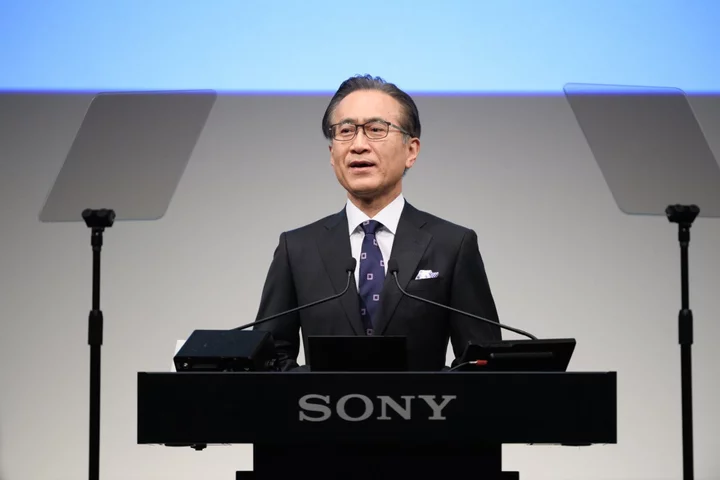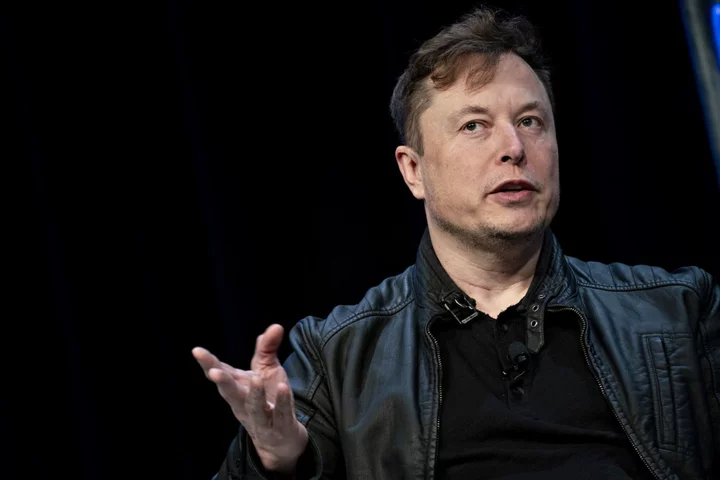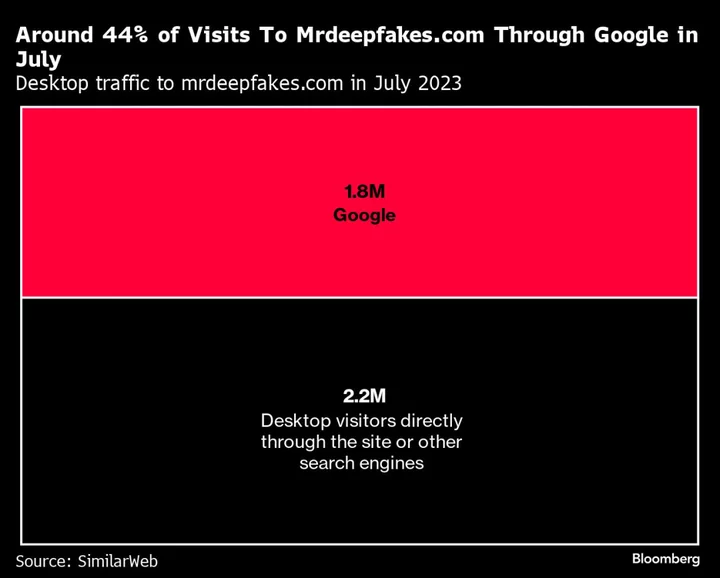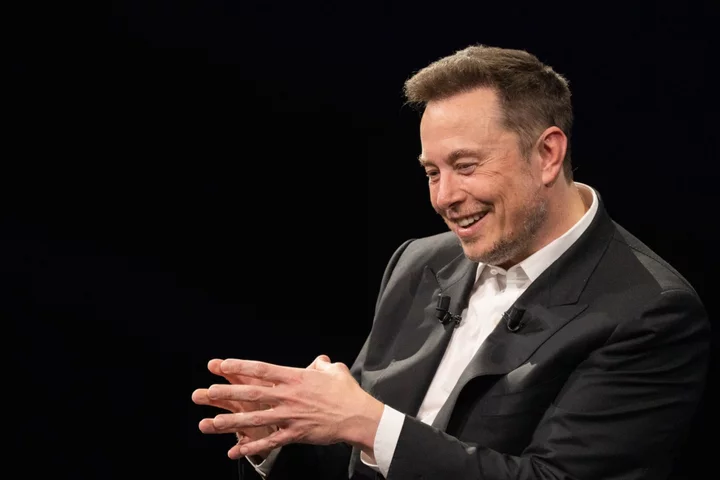By David Shepardson
WASHINGTON (Reuters) -Two U.S. lawmakers on Tuesday asked the Federal Communications Commission (FCC) to address questions about potential security concerns involving cellular modules made by Chinese companies including Quectel and Fibocom Wireless.
The Republican chair of the House of Representatives China Select Committee, Mike Gallagher, and the panel's top Democrat, Raja Krishnamoorthi, in a letter to FCC Chair Jessica Rosenworcel raised alarm that U.S. medical equipment, vehicles and farm equipment could be accessed and controlled remotely from China if they use Chinese-made cellular modules.
The FCC and the companies did not immediately respond to requests for comment.
Cellular modules are components that enable internet of things (IoT) devices to connect to the internet. Noting that they are typically controlled remotely and are the necessary link between the device and the internet, the lawmakers said that if China "can control the module, it may be able to effectively exfiltrate data or shut down the IoT device. This raises particularly grave concerns in the context of critical infrastructure and any type of sensitive data."
In September, the FCC named Chinese telecom companies Pacific Networks Corp, its wholly-owned subsidiary ComNet (USA) LLC, and China Unicom (Americas) as threats to U.S. national security under a 2019 law aimed at protecting communications networks.
In March 2021, the FCC initially designated five Chinese companies under its “Covered List” - including Huawei Technologies Co, ZTE Corp, Hytera Communications Corp, Hangzhou Hikvision Digital Technology (002415.SZ> and Zhejiang Dahua Technology Co.
The lawmakers asked if the FCC is considering using the Covered List to address Chinese-owned cellular modules. "Could requiring certification for modules used in communications equipment be an effective means" of addressing Chinese modules in U.S. networks? the lawmakers asked.
In 2022, the Chinese Embassy in Washington said the FCC "abused state power and maliciously attacked Chinese telecom operators again without factual basis." Huawei has repeatedly denied allegations of wrongdoing.
(Reporting by David Shepardson; Editing by Mark Porter and Leslie Adler)









